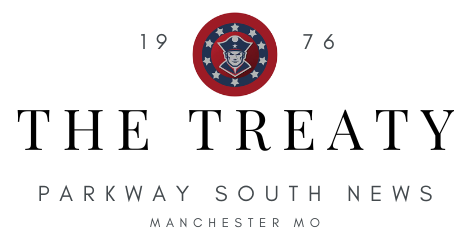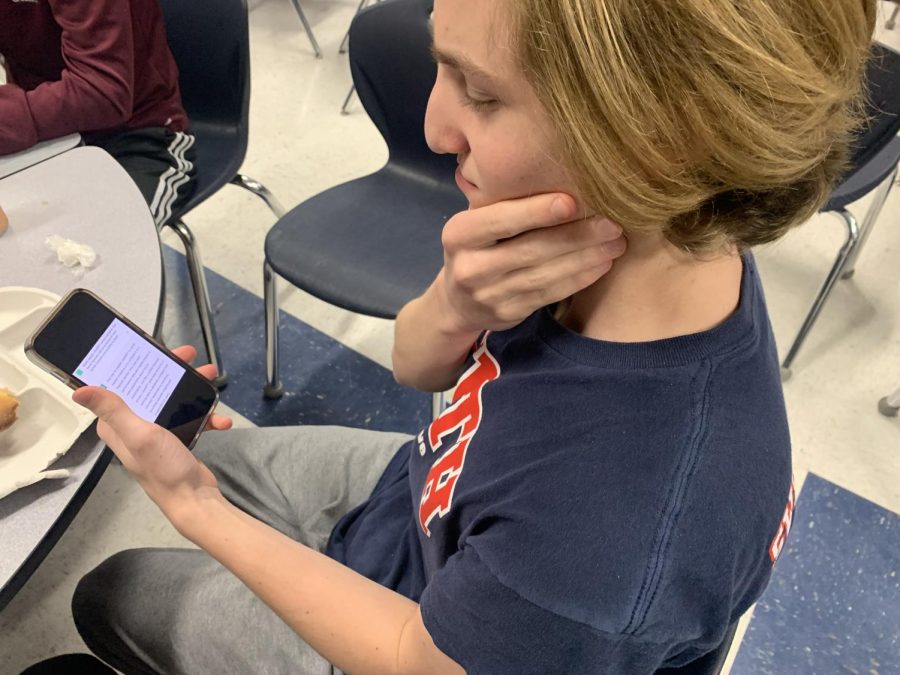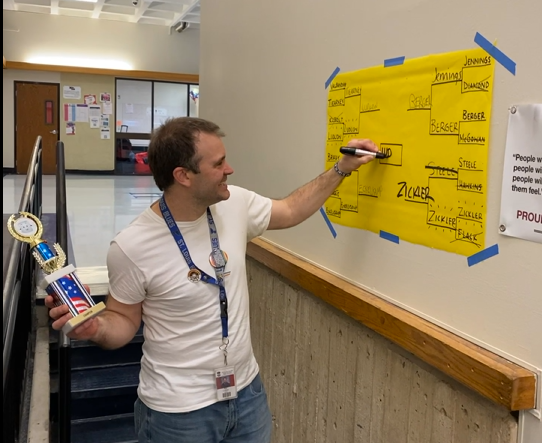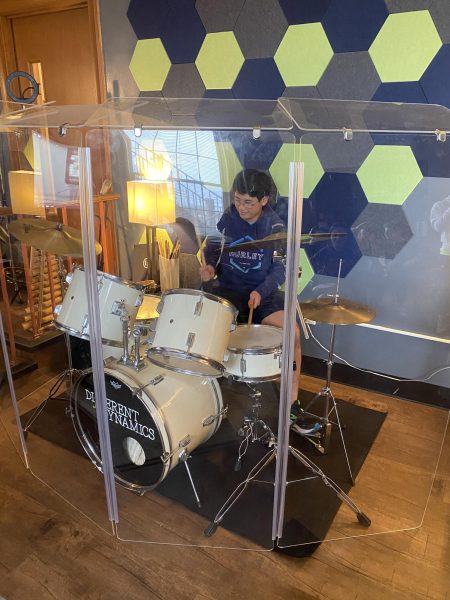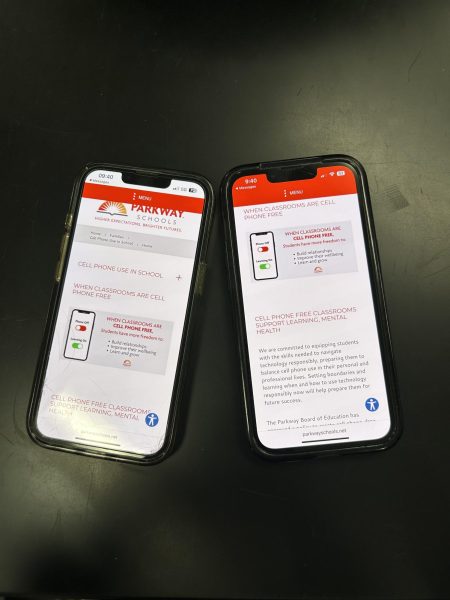AI invasion
Students could be tempted to use AI to assist in their schoolwork
ChatGPT is a state-of-the-art language model developed by OpenAI that has taken the world by storm. ChatGPT has been designed to generate human-like text that can be used for a variety of purposes, from assisting customer service representatives to providing personalized responses to social media users. With its ability to understand natural language and generate responses in real-time, ChatGPT has quickly become one of the most popular AI models in the world, attracting a wide range of users, from businesses to individual users.
Did that sound realistic to you? That introduction was written using ChatGPT. As time goes on and technology advances, we’re pioneering more elaborate tools to help us. Work produced by these AI tools can resemble the work made by humans. One of these tools is ChatGPT, an AI writing tool, similar to a calculator, but for English class.
ChatGPT just needs a prompt. Once the AI is given the topic, it can produce an essay in a matter of a couple of seconds. The fear that comes with ChatGPT and other similar tools is that students will abuse these technologies and use them for cheating in school.
History teacher Amy Hubbard talks about why students turn to tools like ChatGPT.
“Ease, convenience, willingness to take shortcuts, and questionable ethical alliances about their attitude towards school,” says Hubbard.
Hubbard mentions that AI tools do pose a danger to the future of education.
“Yes, I think it underscores the ethical standards for education. It allows you to cheat easily,” says Hubbard.
Even though the process is easy, Hubbard said there are some ways to detect if a student used AI to write a paper.
“You can tell if the paper sounds inconsistent or doesn’t read like something the student would write,” says Hubbard.
South students seem to have differing views on ChatGPT. Sophomore Luke Staroba has very favorable views of ChatGPT and AI in general.
“It’s very useful if you want help to get ideas for different things,” says Staroba.
Staroba proceeds to talk about what he’s used ChatGPT for.
“I used it to make a rap battle between Joe Biden and Soulja Boy,” says Staroba.
Staroba says that AI is here to stay and may help people in the future.
“It’s probably here to stay. Doctors and others in the scientific community will get to use to it,” says Staroba.
On the other hand, some students think that ChatGPT will fade away soon. Freshman Dean Ullom says that ChatGPT won’t be around in the future.
“Just a fad, people won’t keep using it for everyday purposes. I think people will stop caring about it,” says Ullom.
Ullom goes on to explain why he dislikes ChatGPT.
“ChatGPT is not actually practical. It makes up quotes and nonsensical arguments. It puts out inhuman answers, which are easy to pick out,” says Ullom.
While the future of ChatGPT is uncertain, it currently poses a threat to education, according to Hubbard.
“Yes, I think it underscores the ethical standards for education. It allows you to cheat easily,” says Hubbard.
